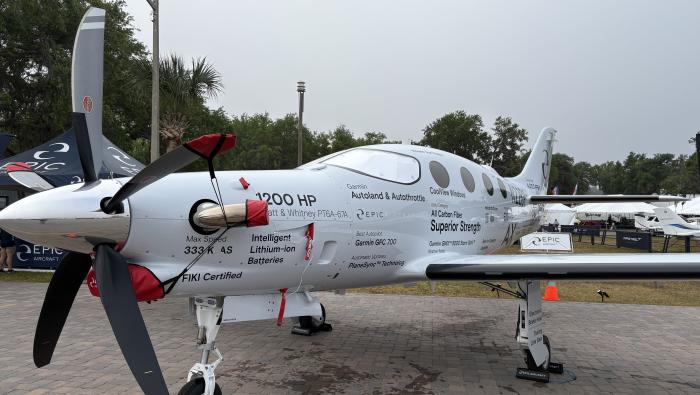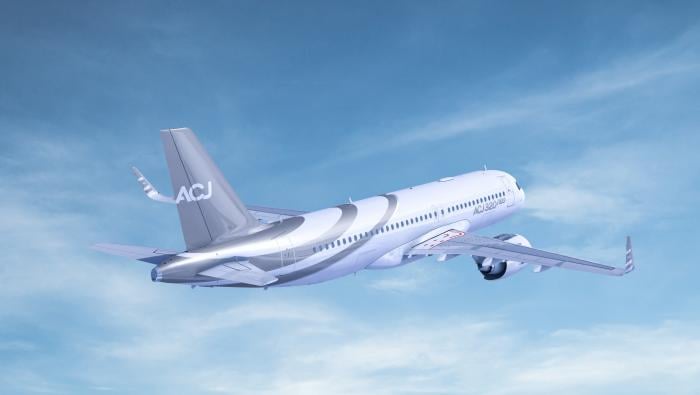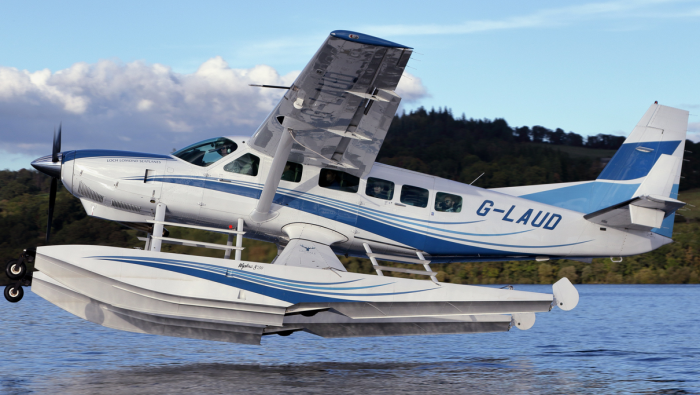Acceleration in Global 7500 deliveries helped provide a 5 percent boost in Bombardier’s overall revenues to $3.7 billion in the first quarter, but a “significant” decline in order intake that began in March, coupled with Covid-19-related disruptions, has the company evaluating production-rate adjustments for the rest of the year, the company reported Thursday morning.
Bombardier delivered 26 business jets in the quarter, including six Global 7500s. Overall, Bombardier delivered two more business jets—an additional light jet and another large-cabin jet—in the quarter versus a year ago. Bombardier delivered three Learjets and 14 Globals, including the 5000/5500 and 6000/6500 series, in the quarter. It further delivered 14 Challengers, the same as in first-quarter 2019. The ramp-up in Global 7500 deliveries helped drive a 16 percent increase in business aircraft revenues, the company added.
However, recently appointed Bombardier Inc. president and CEO Eric Martel did not provide an outlook for the rest of the year, given the uncertainties surrounding the pandemic, but he expects the second quarter to mark a low point before gradually improving during the rest of the year. In the first quarter alone, Martel estimated a cash impact of $600 million to $800 million along with deferred deliveries, production disruptions, and declining sales.
“We saw a significant impact in Q1 with more to come in Q2 as a large part of our production remained shut down for the past eight weeks and the international borders remained closed,” he said. In the second quarter, the company expects a reduction in production, deliveries, "and therefore revenues," by almost half, added senior v-p and CFO John Di Bert.
Pointing to analyst estimates of a 30 to 35 percent decline in business jet deliveries this year, Martel said Bombardier could be in that range as well, but it all depends on when restrictions are lifted and the pandemic ebbs. Already more than a handful of deliveries were pushed off at the end of the first quarter and sales have slowed in March, particularly in the light and midsize jet segments, he said.
The large-cabin jet segment has remained fairly steady thanks to a “very solid” backlog, he said, while noting few cancellations. Overall, business aviation backlog declined to $13.6 billion, from $14.4 billion a year ago.
When asked about the differences between the current crisis and the market crash a decade ago, Martel said the company has now not seen "that rush of cancellations.” In addition, while the crash particularly affected the light and midsize jet segments, Bombardier's exposure now centers far more on the large-aircraft segment, he said.
Bombardier remains in the early stages of assessing production rates to match the rest of the year but it does not believe plans for production acceleration of its flagship 7500 will change. However, deliveries might be slightly slower because of Covid-19-related production disruptions.
The company suspended production at the end of March and now is slowly reopening those facilities. Martel called the exercise a “tremendous undertaking” and cited the need to prepare facilities with new stringent health and safety measures, recall thousands of furloughed employees, restore the supply chain flow, restart lines, and reset delivery schedule with customers. “We expect this process will appear over the remainder of the quarter and will likely generate some challenges along the way,” he said.







